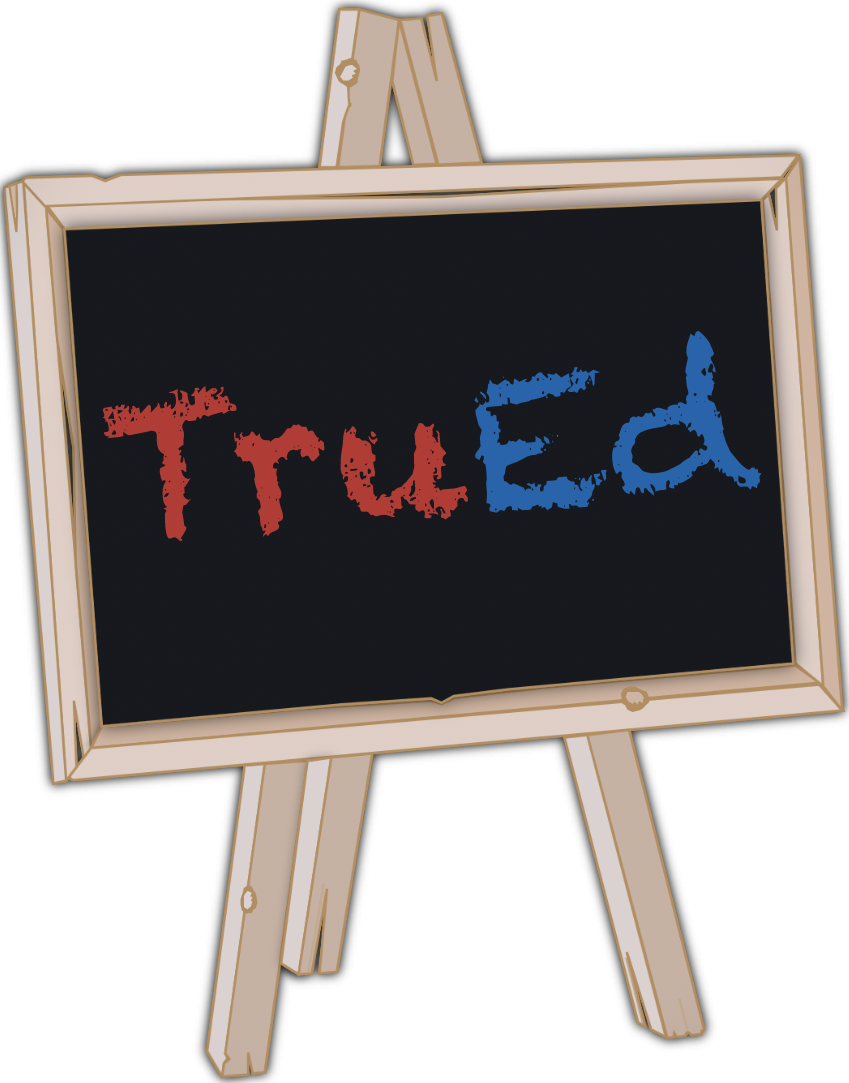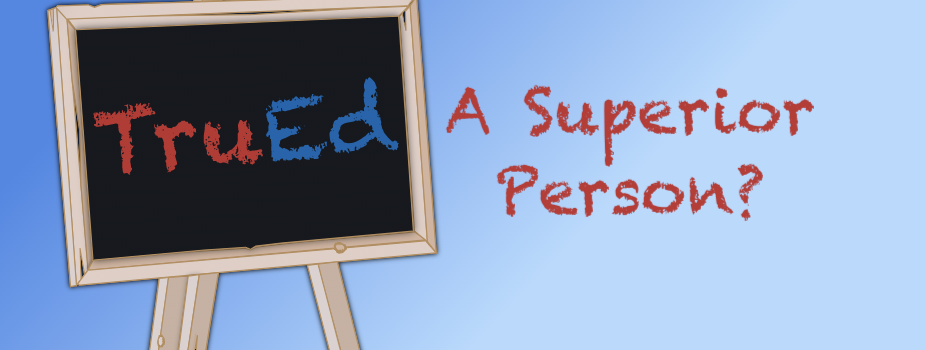We cannot help but compare ourselves to others. We make ourselves feel better by looking at others and then at ourselves more favourably. But is there a time when we are objectively morally superior to others? And is this a comparison we should make?
When Bill Clinton was president in the U.S.A., I often heard people say things like, “I don’t care what he does in his private life, I care what he does as a politician.” His infidelities were well publicised, but it wasn’t until John Major had left 10, Downing Street that we learnt of his marital strife. These were huge scandals at the time, but now those sorts of behaviours are no longer a barrier to public office, with Boris Johnson’s colourful family life barely making news.
I had always thought that if a politician was prepared to lie to his or her nearest and dearest, they would be more than happy to lie to the general public, but that was as far as it went. However, should we be asking ourselves what that means or what the moral character of our politicians is? Should we be concerned at all about the general moral character of our nation? Should we be concerned about the moral character of our children.
Increasingly in schools there are no sanctions or consequences for bad behaviour. Teachers are being trained to think that children who are violent or aggressive towards staff or other children need nurture rather than discipline. When they see they are “getting away with it”, they will double down and the behaviour worsens, creating in that child an inferior character. So, if you are concerned about your child’s moral character, it is best to keep them away from state schools where discipline and moral standards are not high on the agenda. And if you are concerned about your own moral character, ask yourself if you are superior to the average politician. Whether you are or not, you can start working on your character now, disciplining yourself as you discipline your child.


